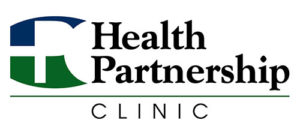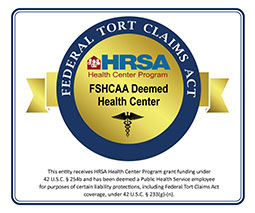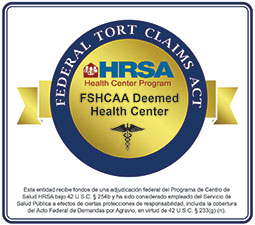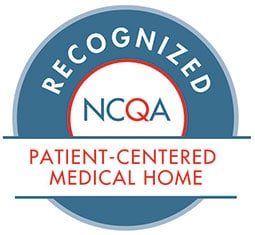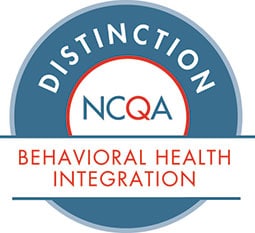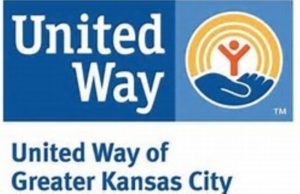Our program’s philosophy, as outlined below, is derived from the 10 Guiding Principles of Recovery (paraphrased) from the Substance Abuse and Mental Health Services Administration (SAMHSA):
- Recovery emerges from hope: The belief that sustained recovery is real provides the essential and motivating message of a better future – that people can and do overcome the internal and external challenges, barriers and obstacles that confront them in both the addiction and the recovery process. Hope is internalized and can be fostered by peers, families, providers, allies and others. Hope is the catalyst of the recovery process.
- Recovery is person-driven: Self-determination and self-direction are the foundations for recovery as individuals define their own life goals and design their unique paths toward those goals. Individuals optimize their autonomy and independence to the greatest extent possible by leading and exercising choice over the services and supports that assist their recovery and resilience. In doing so, they are empowered with the strength and resources to make informed decisions, initiate recovery and regain control over their lives.
- Recovery occurs via many pathways: Every individual brings a unique set of needs and strengths to his/her recovery process, which yields highly personalized recovery pathways. These may include professional clinical treatment, medications, family and social support, faith-based approaches and recovery peer support. Recovery is non-linear, characterized by continual growth and improved functioning that may involve setbacks. Setbacks are a natural (though not inevitable) part of the recovery process. Therefore, it is essential to foster resilience for all individuals and families. Abstinence from the use of alcohol, illicit drugs and non-prescribed medications is the goal for those seeking recovery from addictions.
- Recovery is holistic: Recovery encompasses the individual as a whole, including mind, body, spirit and community. An array of available services and supports should be integrated and coordinated.
- Recovery is supported by peers and allies: Mutual support and mutual aid groups, including the sharing of experiential knowledge and skills, play an invaluable role in recovery. Recovery peers encourage and engage one another with a vital sense of belonging and community. Through helping others and giving back to the community, one helps one’s self. Peer-led groups (such as AA and NA) provide invaluable resources to individuals in their journeys of recovery and wellness.
- Recovery is enhanced through relationship and social networks: An important factor in the recovery process is the presence and involvement of people who believe in the person’s ability to recover; who offer hope, support and encouragement; and who also suggest strategies and resources for change. Family members, peers, providers, faith groups, community members and other allies form vital support networks. Through these relationships, people can replace unhealthy and/or unfulfilling life roles with new ones (e.g., partner, caregiver, friend, student, employee). This process often leads to a greater sense of belonging, empowerment and community participation.
- Recovery is culturally based and influenced: The many aspects and components of culture and beliefs aid in determining a person’s journey and unique pathway to recovery. Services should be congruent with every individual’s particular cultural background in order to meet his/her unique needs.
- Recovery is supported by addressing trauma: The experience of trauma (such as physical or sexual abuse, domestic violence, war, disaster and others) is often associated with alcohol and drug use, mental health problems and related issues. Services and supports should be trauma-informed to foster safety (physical and emotional) and trust, as well as promote choice, empowerment and collaboration.
- Recovery involves individual, family and community strengths and responsibility: Individuals, families and communities have strengths and resources that serve as a foundation for recovery. Individuals are personally responsible for self-care and their journeys of recovery. Thus, they should be supported in advocating for themselves. Families, significant others and communities are responsible for supporting loved ones, particularly children and adolescents in recovery. Communities have a specific responsibility to provide opportunities and resources that address discrimination and foster social inclusion and recovery.
- Recovery is based on respect: Community, social systems, societal acceptance and appreciation for people affected by mental health and substance use problems—including protecting their rights and eliminating discrimination—are crucial in achieving recovery. There is a need to acknowledge that taking steps towards recovery may require great courage. Self-acceptance and developing a meaningful sense of identity are integral in achieving sustained recovery.
